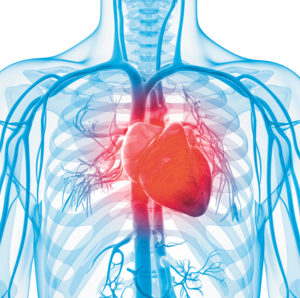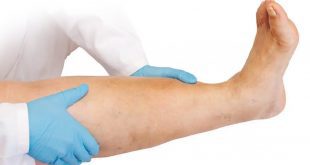 Every year in the United States nearly 800,000 people will suffer from a stroke. If it’s not caught early enough, it can lead to death, paralysis, cognitive impairment, aphasia and many more complications.
Every year in the United States nearly 800,000 people will suffer from a stroke. If it’s not caught early enough, it can lead to death, paralysis, cognitive impairment, aphasia and many more complications.
There are Several Different Types of Strokes:
• Hemorrhagic strokes are when a damaged blood vessel begins to bleed then ruptures
• Ischemic strokes are formed by blood clots that obstruct a blood vessel that supplies blood to the brain
• TIA (Transient Ischemic Attack), also known as a mini-stroke, is caused by a temporary clot that blocks blood flow
When oxygen and blood can’t reach the brain, the brain cells begin to die very rapidly. When you are experiencing symptoms of stroke, minutes matter! There is a medication called tissue plasminogen activator (tPA) that can break through a blood clot, but not everyone with stroke can receive the clot-busting drug tPA. If the medical team deems it fit for you, the medication must be given within 3 to 4 ½ hours of the onset of symptoms.
Signs and Symptoms
Adding to the original FAST acronym, BE FAST adds two additional stroke symptoms, which help individuals recognize and prevent 95 percent of acute strokes.
B – Balance loss
E – Eyesight changes
F – Face drooping
A – Arm weakness
S – Speech difficulty
T – Time to call 911
Staying Healthy and Avoiding Stroke Complications
• Keep weight down
• Workout (30 minutes of cardiovascular exercise daily)
• Eating a Healthy diet of vegetables, fruit and lean protein
• Maintain normal blood pressure
• Regulate Lipid levels and any cholesterol issues
• Manage stress
• Get regular physicals and check-ups
• Know the Signs of stroke
• Don’t delay, if you or someone you know has stroke symptoms
Getting regular check-ups and screenings are critical to staying on top of your vascular health. If you think you or someone you know is having a stroke or cardiac infarction, do NOT hesitate! Call 911 immediately.
Dr. Vallabhan
352-750-2040
Rolling Oaks Professional Park
929 N US HWY 441, Suite 201
Lady Lake, FL 32159
 Central Florida Health and Wellness Magazine Health and Wellness Articles of the Villages
Central Florida Health and Wellness Magazine Health and Wellness Articles of the Villages



